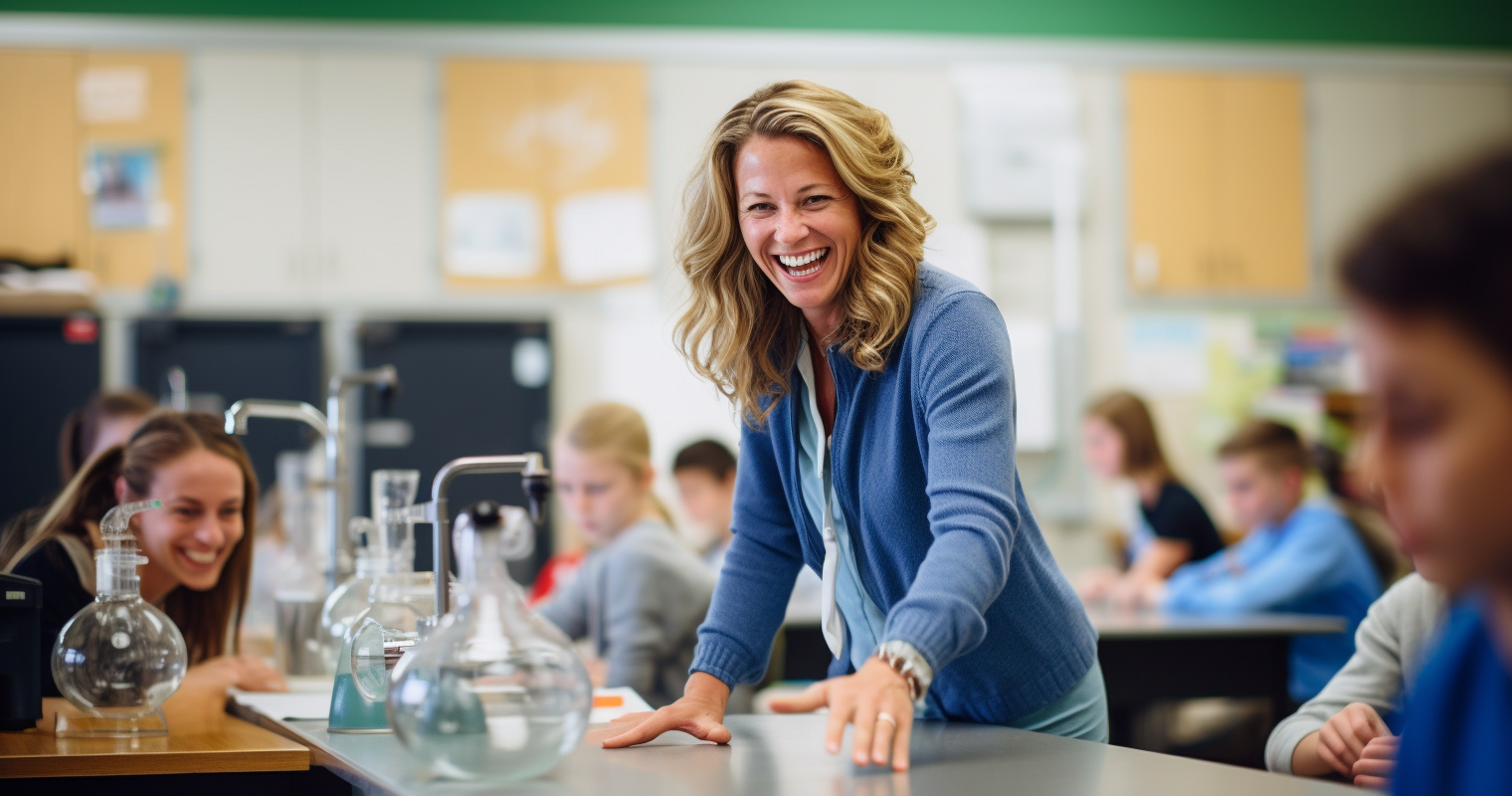Belgium is a small country in Western Europe with a strong tradition of education. The country has a decentralized education system, with each of the three language communities (Dutch, French, and German) responsible for its own education policy. In this article, we’ll discuss the quality of education in Belgium, the age ranges for compulsory education, the types of schools available, the syllabus and qualifications offered, typical school hours and holidays, enrollment requirements, international schools, and options for higher education.
Quality of Education in Belgium
Belgium has a high-quality education system, with a strong emphasis on academic excellence and multiculturalism. The country has a well-developed education system that includes both public and private schools, as well as vocational and higher education institutions. Belgium is also home to several international schools, providing options for expatriate and foreign students.
Compulsory Education in Belgium
In Belgium, education is compulsory for all children between the ages of six and eighteen. The education system is divided into three levels: primary education, secondary education, and higher education.
Types of Schools in Belgium
There are several types of schools available in Belgium, catering to different age ranges and academic levels.
Primary Education
Primary education is mandatory for all children between the ages of six and twelve. The curriculum includes language, mathematics, science, social studies, physical education, and creative and performing arts.
Secondary Education
Secondary education is available for all students between the ages of twelve and eighteen. The curriculum includes language, mathematics, science, social studies, physical education, and creative and performing arts. In addition, students are required to choose a technical or vocational subject.
Higher Education
Higher education is available for students who have completed secondary education. Belgium has several universities and colleges, both public and private, offering a range of degree programs in various fields.
Syllabus and Qualifications
Belgian schools follow a national curriculum that is set by the language community responsible for the education policy. The curriculum is standardized across the country, and all schools are required to adhere to it. Belgian schools offer several qualifications, including the Certificate of Lower Secondary Education, the Certificate of Upper Secondary Education, and the International Baccalaureate.
School Hours and Holidays
Belgian schools typically start at 8:30 am and end at 3:30 pm, with a lunch break in between. Schools are closed on weekends and for several holidays throughout the year, including Christmas Day, New Year’s Day, Easter Monday, and several public holidays specific to each language community.
Enrollment Requirements and Competition
To enroll in a school in Belgium, you’ll need to provide several documents, including proof of identity, proof of residence, and vaccination records. If you’re an international student, you may also need to provide a visa and proof of health insurance.
Enrollment in Belgian schools can be competitive, particularly in urban areas where there are more students than spaces available. In some cases, students may need to pass an entrance exam or meet other academic requirements.
International Schools
Belgium has several international schools that cater to expatriate and foreign students. These schools offer curricula and qualifications from other countries, such as the International Baccalaureate or the British A-levels. Some popular international schools in Belgium include:
- The British School of Brussels
- St. John’s International School
- The International School of Brussels
Higher Education in Belgium
Belgium has several higher education institutions, including the University of Leuven, Ghent University, and the Free University of Brussels. The country also has several scholarship and funding opportunities to support students who wish to pursue higher education.
Education in Belgium provides students with a strong foundation in academic and vocational skills.

